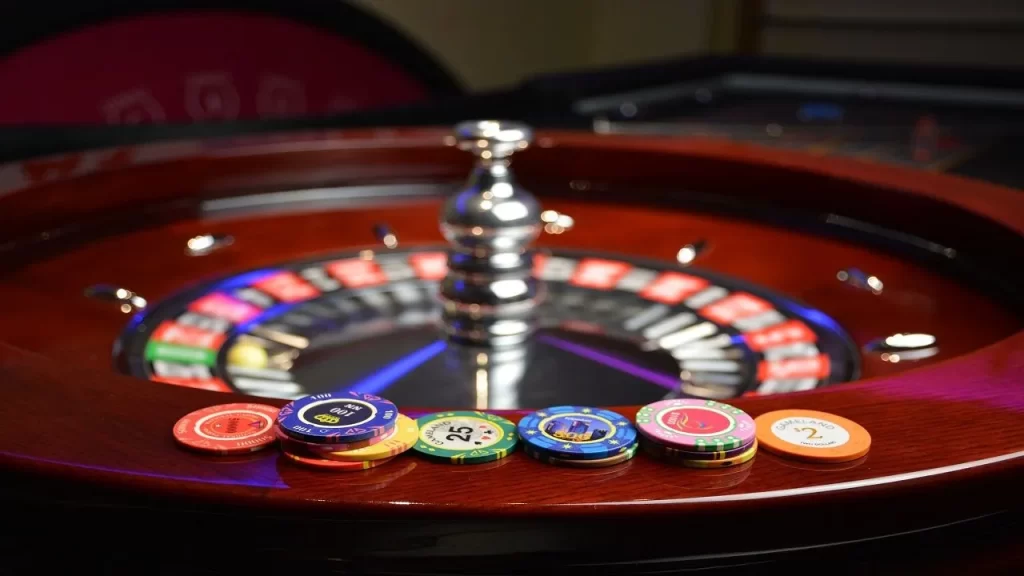
Finding success at roulette lies in developing a winning strategy tailored to your own gambling style. Although roulette may appear random at first glance, there are various techniques you can employ to increase your odds of victory and ensure future successes.
As such, these include avoiding common errors, understanding the odds, and playing with a level head. By adopting a calculated approach and basic statistical analysis to elevate your roulette experience from being simply random to being more of a strategic endeavor aimed at creating favorable odds.
Sector slicing
Sector Slicing is an advanced roulette strategy which involves identifying biases in the wheel, and betting on specific sectors to maximize your odds of success. To be effective at Sector Slicing takes careful observation of past spins to recognize patterns and trends; while mastering it might take some time it could pay dividends in the future.
To meet these challenges, operators must reimagine their networks as programmable services platforms and make them flexible enough to support various services. This will allow them to create logical network partitions (network slices) with tailored infrastructure and functional sharing mechanisms suited to service provisioning based on service-tailoring infrastructure needs and functional sharing mechanisms based on service-tuning mechanisms like the e2e network slicing architecture which will help operators increase revenue while decreasing CAPEX by serving more users with existing infrastructure.
Bias analysis
Bias analysis is an approach for detecting bias in data, quantifying its effects and isolating different sources of it in studies. Bias analysis is an essential way of protecting research studies against misrepresentations while making sound policy decisions that depend on accurate information.
Confirmation bias is a type of cognitive bias in which individuals seek information which supports their existing beliefs. This tendency can influence data analysis in many ways, from how people select data to use and interpret it.
Selection bias occurs when data are collected using flawed sampling methods that exclude certain groups from participation. For instance, an experiment using resumes of successful applicants from Amazon will likely include more men than women. Furthermore, medical trials may fail to include enough minority patients for proper analysis; leading to inaccurate conclusions on how a medication might perform across populations.
Wheel clocking
There are various approaches to roulette that may help players overcome its odds. One method involves exploiting biases – this requires patience, practice and visual acuity as it cannot guarantee success but remains legal and can be implemented successfully by experienced players.
Another method involves closely observing and recording results of spinning wheels – known as “wheel clocking”. While you can do this yourself, for optimal results use an automatic recording device which records spins automatically. A good clocker may even help identify biased pockets or sections on different wheels.
Casinos recognize the potential for biases to emerge in roulette wheels and regularly inspect physical parts to avoid them forming. Physical anomalies may affect winning number distribution and ultimately cost casinos a great deal of money; hence why some advantage players seek out such wheels and use them against them – an approach which may prove lucrative, yet illegal in most jurisdictions.
$20 roulette strategy
There are various advanced roulette strategies that can help you win at online casino games, but before using any, it is essential that you familiarise yourself with the rules of roulette and practice with a free version of it first. This will give you enough experience to test various strategies and determine which ones work best for you.
Important to keep in mind is the fact that no roulette strategy can guarantee profit; similar to attempts at creating perpetual motion machines which fail on fundamental mathematical grounds.
Roulette requires much luck to succeed; however, taking a more calculated approach to payout odds and betting types can increase your chances of success. One method of doing this is through the Martingale strategy which involves doubling up after every loss and increasing it after wins; or by employing D’Alembert’s negative progression approach which balances out losses with wins over time.






